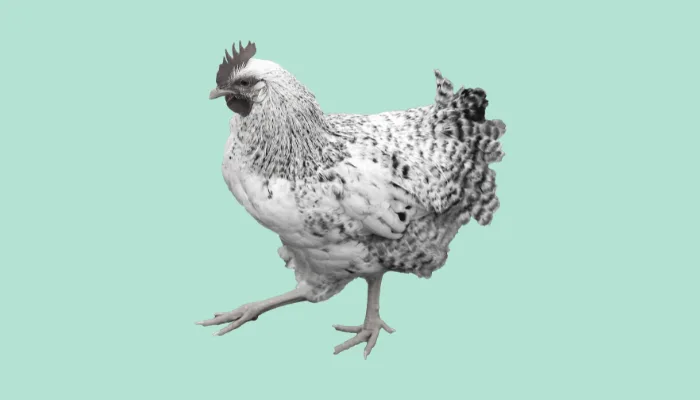
Bird flu continues alarming global spread
Bird flu began spreading in late 2021.
In late 2021, experts sounded the alarm on the rapid spread of H5N1 or the avian flu. By April 2022, experts warned the virus was "rapidly becoming a global concern."
Now, well into 2023, H5N1 continues to proliferate, with the recent detection of avian flu in mammals like foxes, otters, minks, and grizzly bears, according to recent reporting by Agence France-Presse (AFP).
In January, 2,500 endangered seals were found dead along the coast of the Caspian Sea in Russia. AFP says some early samples show at least some seals tested positive for avian flu, but authorities have yet to confirm the cause of the die-off.
All mammals tested positive for the PB2 mutation.
Europe is in the midst of its worst H5N1 outbreak on record, while South and North America have been hard hit. In Canada, about 200 flocks encompassing roughly 3.5 million birds had been infected as of November 2022.
Globally, tens of millions of birds have been culled due to infection or exposure.
Migratory birds are responsible for some of the recent outbreaks, creating the potential for additional cases when birds return to Canada for the summer.
Bird flu can be fatal for some domesticated birds, including chickens, ducks, and turkeys. It is possible to transmit H5N1 to humans, but cases are rare. Experts say, H5N1 would have to mutate significantly to spread to humans.
Risk to humans
The current outbreak is not a risk to healthy people who are not in contact with infected birds.
Between 2003 and 2022, there have been 868 cases of human infection with the avian influenza virus reported from 21 countries, as per the World Health Organization.
Precautions
People with backyard chickens are advised to pay attention to signs of excessive thirst and decreased appetite in their flocks.
Members of the public should avoid feeding wild birds by hand. Bird feeders should be regularly cleaned and maintained.
Thumbnail image by Cheryl Santa Maria. Made using graphical elements from Canva Pro.











